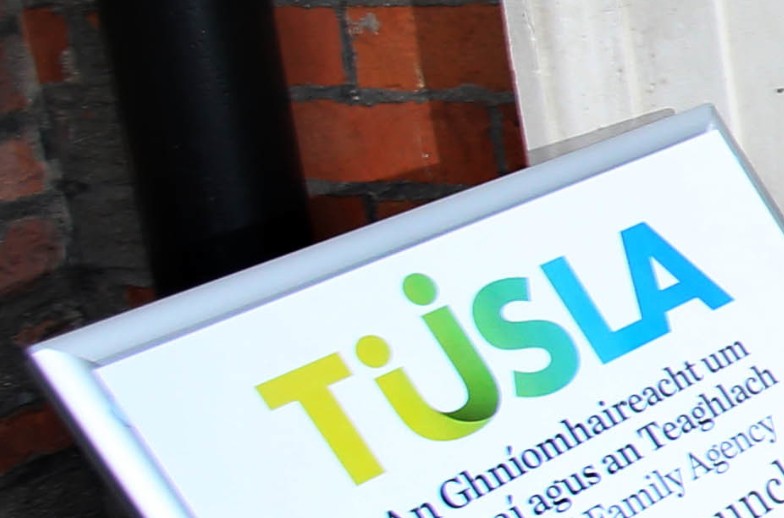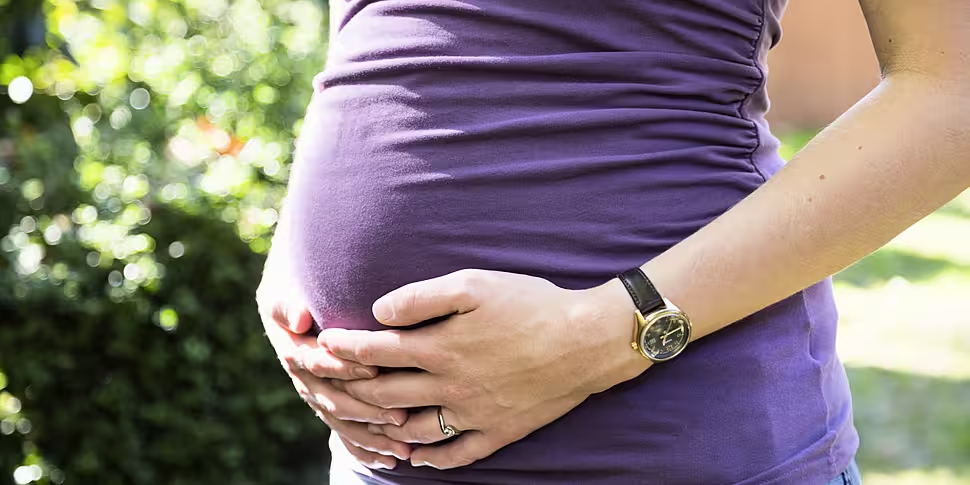Tusla, the Child and Family Agency, has placed 158 unborn children on its system deemed to be 'at-risk of significant harm' over the past 18 months.
The figures, provided to Newstalk in a Freedom of Information request, show 112 unborn children were placed on Tusla's Child Protection Notification System (CPNS) last year, followed by 46 for the first six months of this year.
Suzanne Connolly, Chief Executive of children's charity Barnardos, said a multi-agency approach is needed.
"What's important is that when there is concern that that is identified," she said.
"Putting a child on the Child Protection Register is a protective measure, which then ensures that all the agencies are alerted to the potential risk to that child, and the need for supportive services to be provided to the family so the child can be safe."
 A pregnant woman in May 2021. Picture by: EyeEm / Alamy Stock Photo
A pregnant woman in May 2021. Picture by: EyeEm / Alamy Stock PhotoMs Connolly said Tusla usually have very good reason for giving such protections.
"What will happen is that when the child is put on the Child Protection Register, obviously the parents are well aware that this happened, and the parents would be told about what the concerns are.
"Then there would be requirements put in place about what the parents need to do in order to demonstrate that they're able to care for the child.
"They will be given support services to give them a chance to demonstrate they have those skills," she added.
What is the CPNS?
The CPNS is a national record of all children for whom a plan has had to be devised in order to make sure they are protected.
It is implemented by Tusla if it deems a child to be at-risk.
Access to the CPNS system is strictly controlled and is only available to a very small group of people - such as doctors, emergency department staff or Gardaí - who might need to make important decisions about the safety of a child.
They can request a search of the national CPNS when faced with an urgent decision about the safety of a child out of hours.
 Picture by: Niall Carson/PA Archive/PA Images
Picture by: Niall Carson/PA Archive/PA ImagesA spokeswoman for Tusla said: "Tusla will only place an unborn child on the Child Protection Notification System where there is an assessed risk of significant harm for the baby when it will be born.
"Part of this assessment would consider the level of cooperation of the parents and their understanding of the future baby's needs, and their past ability to care for a baby if this is relevant."
She said any decision involves many different aspects.
"Central to any consideration of listing a child as active on the CPNS are the child's parents, Gardaí, public health nursing, health staff, social workers and any other key agencies as well as extended family or network members that the family and the case social worker decide are important," she said.
"During COVID-19, Tusla focused on ensuring continuity of supports and services, while also balancing the needs and best interests of the child with public health advice to keep children, families and frontline staff as safe as possible during the pandemic.
"Tusla's child protection and welfare teams have been working with our statutory and community partners to ensure continuity of service provision in every community across the country," she added.









